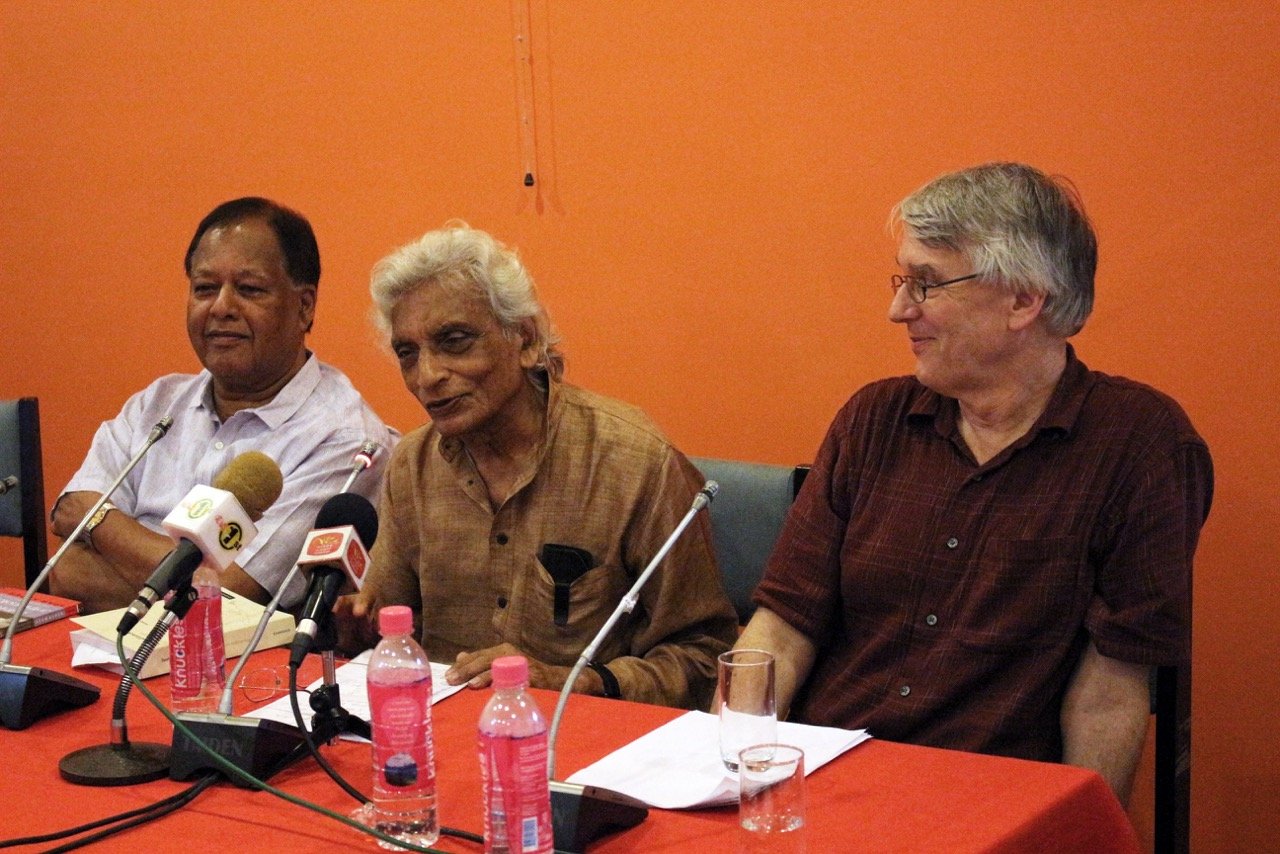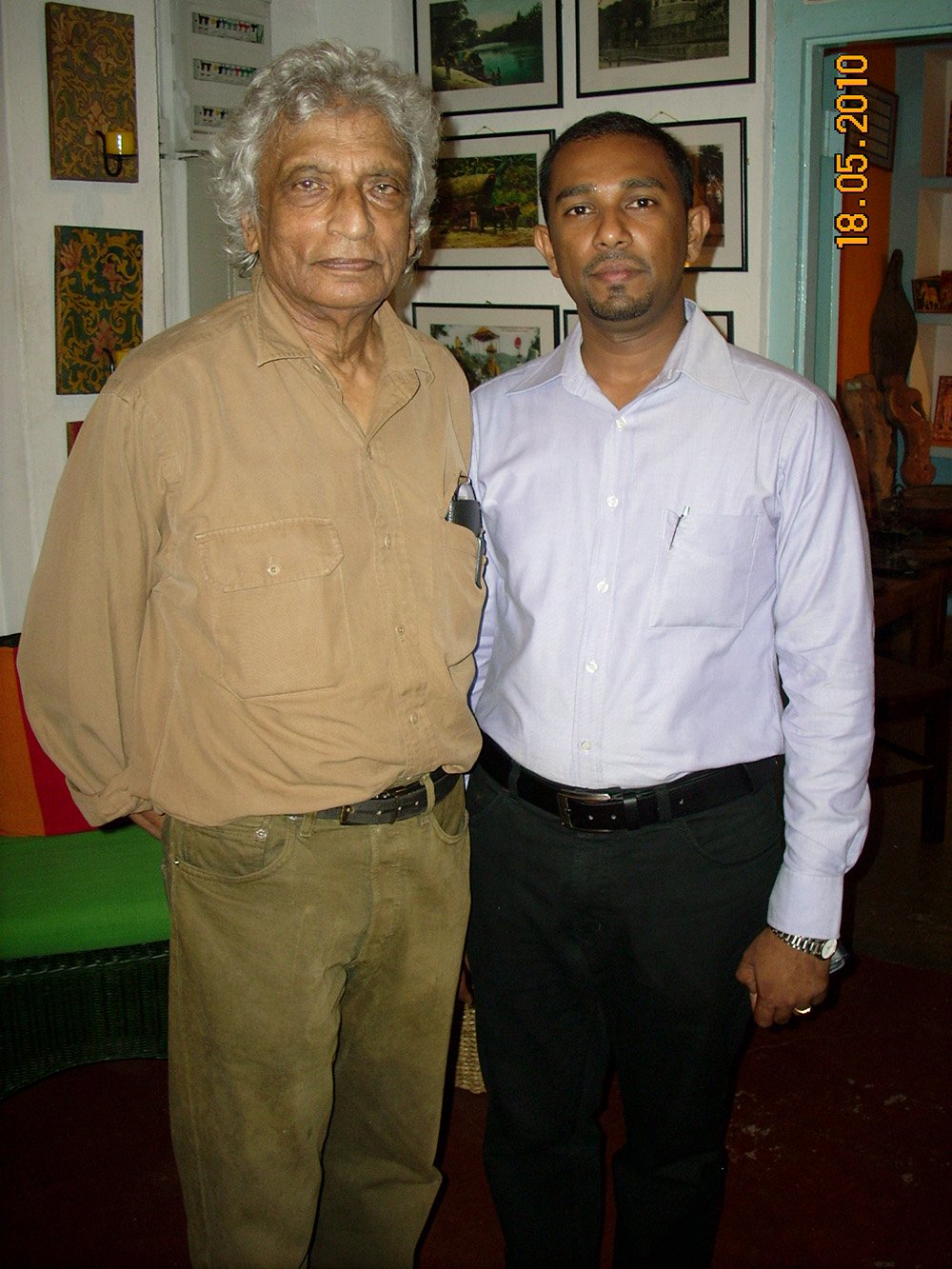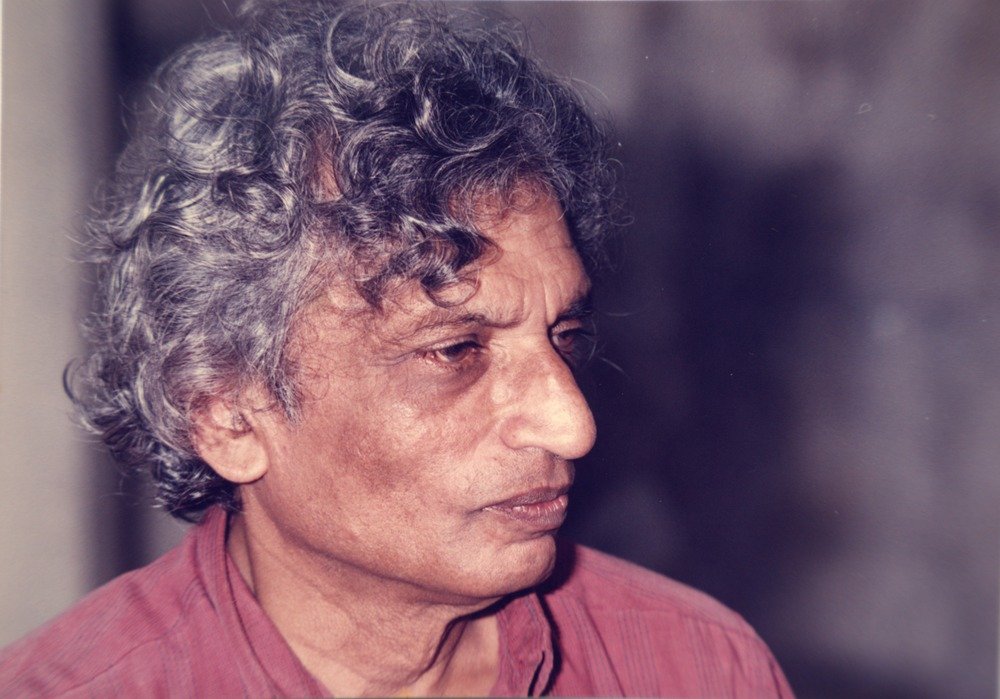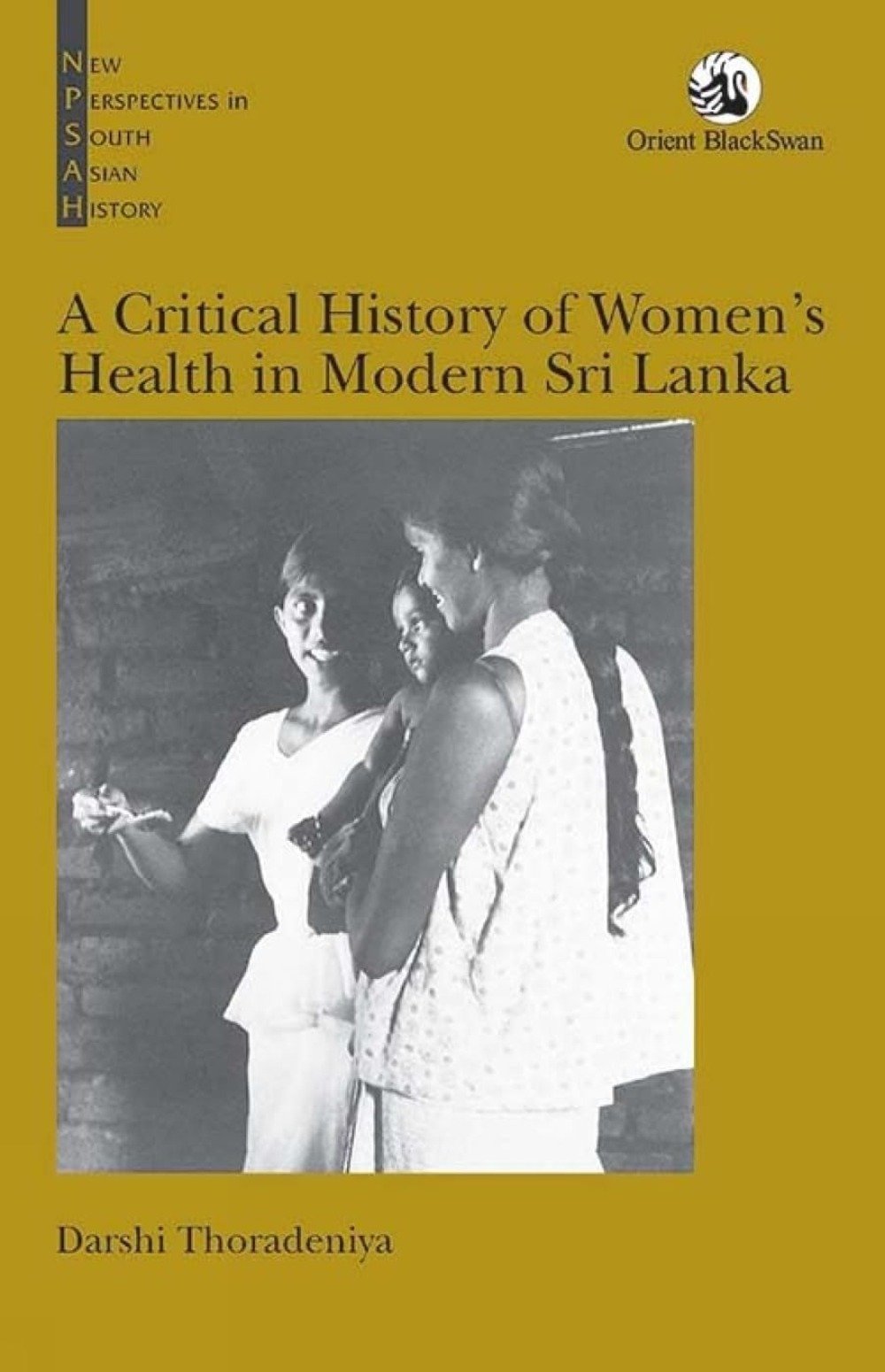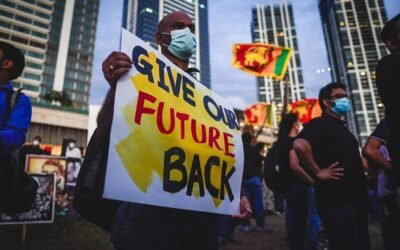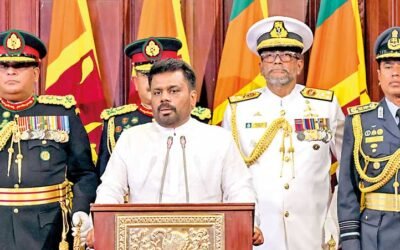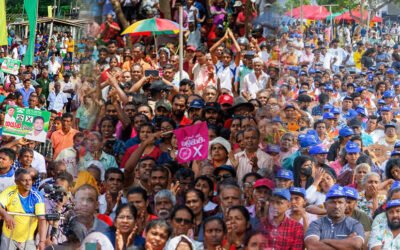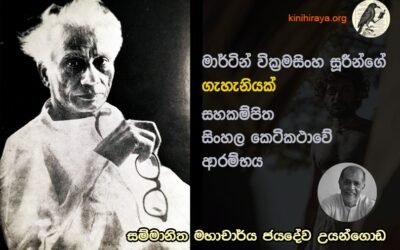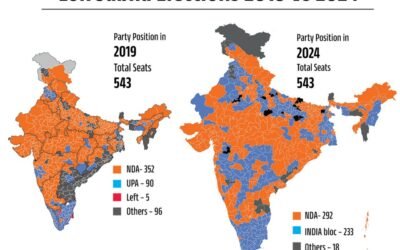Polity aims to advance democratic consciousness, gender equality, state reform, and social change in Sri Lanka, while interested in South Asia and the World.
As its predecessor Pravada (1991-2002), Polity is published by the Social Scientists’ Association in Colombo, with critical content on politics, political economy, history, women, ethnicity, sexualities, religion, labour studies, agrarian relations, nationalisms, violence, ecology, and much more.
The Election That Was
B. Skanthakumar
Sri Lanka has a new president. That the incumbent would lose was not in doubt. Who might replace him though was in...
Sri Lanka presidential election: From citizens’ protests to regime change
Jayadeva Uyangoda
The election of Anura Kumara Dissanayake as Sri Lanka's president on September 21 is an event of historic significance...
The Show
Natasha Ranawake
“That's all, ladies and gentlemen, that's all. Come again to the greatest show on earth. Bring the children. Bring the...
Political Parties in the Mirror of the 2024 Presidential Election in Sri Lanka
Jayadeva Uyangoda and Pradeep Peiris
“Democracy is unthinkable without political parties”, a US political scientist once said (Schattschneider: 1942). He...
The Empathic Sinhala Short Story: Gahaniyak by Martin Wickramasinghe
Jayadeva Uyangoda
In participating in this celebration to mark the centenary of the publication of Martin Wickramasinghe’s short story...
Decoding the Indian Elections: Class, Caste, and Social Exclusion
Roshni Kapur
IntroductionA variety of opinions and commentaries explaining the Indian ruling party’s average performance in the...
Current Issue

Out Now! Vol. 13, No. 1 (2025), LKR800 from the Social Scientists’ Association and LKR1000 from Barefoot and Vijitha Yapa bookshops.
170 pages of analysis, commentary and perspective: the implosion of liberal internationalism; aspirations for, and appraisal of, the NPP government; the long march of the JVP from subversive to sovereign; feminist statements demanding action against misogyny and male violence; the May 2025 local government election and axes of polarisation; US and Lankan narratives on culling USAID; the thriving and prosperous national security state, and its gaze on queers; Richard de Zoysa’s short life, long death, and literary legacy; Asoka Handagama’s Rani and memory against forgetting in struggles against enforced disappearances; avatars of privatisation in higher education; continuities and concerns in AKD’s first budget; anatomization of an economy in permanent crisis; retrieving the political economy of SBD de Silva; an IMF poster-child in the crosshairs of Trump’s tariffs and the Washington Consensus; combating corruption in market mode; caricaturing gay representation in mainstream media; celebrating Bapsi Sidhwa’s itinerary and oeuvre; Indian and Pakistani women speak out against war and hate; the performance of Tamil nationhood in and after war; international law facts and fictions in Filastin; and Iranian voices against Israeli-US warmongering and state repression. Front cover art by Minal Naomi Wickrematunge.
Calls
Archive
Pravada (1991-2002) and Polity (2003-) back issues available here.

Social Scientists’ Association
The Social Scientists’ Association (SSA) was founded in 1977, at a turning point in Sri Lankan politics, economy, and society, marked by among other aspects: the ‘open economy’ market reforms; deepening ethnic conflict; and the growing concentration of executive power. Its initiators were academics from public universities, seeking an autonomous space to grapple with these shifts; and to promote progressive political, economic, and social change.

